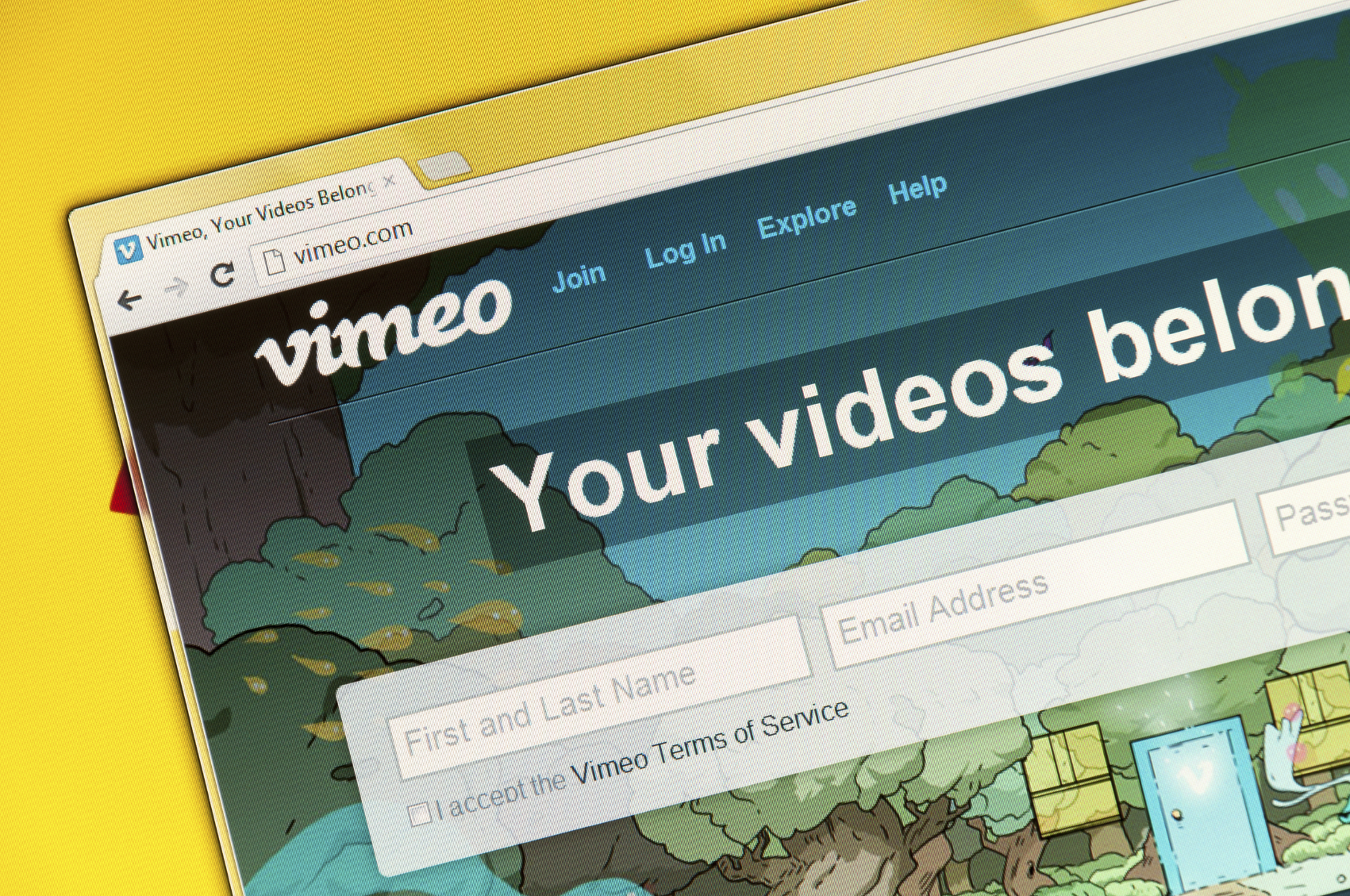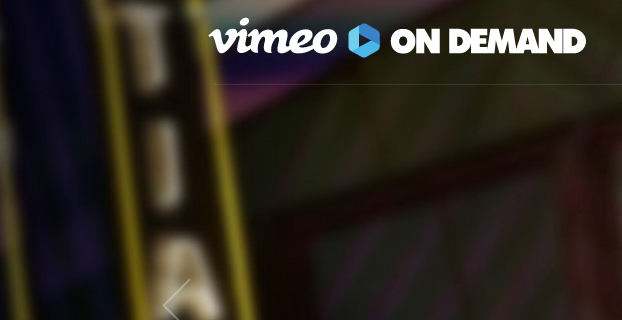What Happened
This past week has been a busy week for VR announcements, with Facebook, Vimeo, and CNN all announced noteworthy VR initiatives. Let’s take a look one by one.
On Wednesday, Facebook debuted its first dedicated virtual reality app, Facebook 360. As its first dedicated VR app, the app will serve as a hub for the 360 video and photo content posted to the site. At launch, the Facebook 360 app will be available only for the Gear VR mobile headset.
Also on Wednesday, popular online video site Vimeo announced it has added support for 360-degree videos. 360-degree playback is now integrated into the Vimeo website as well as the iOS and Android apps. At launch, you can view Vimeo’s 360-degree videos in select mobile-powered VR headsets, including Google Daydream, Samsung’s Gear VR, and the Zeiss VR One. Vimeo says support for the Oculus Rift and HTC Vive is coming soon.
Earlier this week, CNN launched of CNNVR, a new immersive journalism unit that will put a virtual spin on cable news. The dedicated team will produce videos and live streams of major news events, along with a weekly virtual reality experience that viewers can access via CNNVR on the Samsung VR app, the Oculus Video app on Rift, or on the CNNVR app on Google Daydream.
What Brands Need To Do
This initiative should help further push virtual reality content into the mainstream consumer market. Facebook 360 and the VR support on Vimeo should provide two new valuable channes for brands to distribute their VR content, and CNN’s VR content unit could potentially spell marketing opportunities. As more mainstream tech and media companies rush into VR to capitalize on the booming popularity of the emerging medium, bands should take a cue and start developing VR content that truly enhances brand messaging and contributes to the campaign objectives.
How We Can Help
Our dedicated team of VR experts is here to guide marketers through the distribution landscape. We work closely with brands to develop sustainable VR content strategies to promote branded VR and 360 video content across various apps and platforms. With our proprietary technology stack powered by a combination of best-in-class VR partners and backed by the media fire-power of IPG Mediabrands, we offer customized solutions for distributing and measuring branded VR content that truly enhance brand messaging and contribute to the campaign objectives.
The Lab currently has several VR headsets, including a PlayStation VR, an Oculus Rift, an HTC Vive, and a Google Daydream, all ready for demos. Virtual reality is something that has to be experienced to be understood, so come by the Lab and ask for a VR demo to get a hands-on experience and figure out how your brand can use it to excite and engage with consumers.
Sources: as linked in the article



